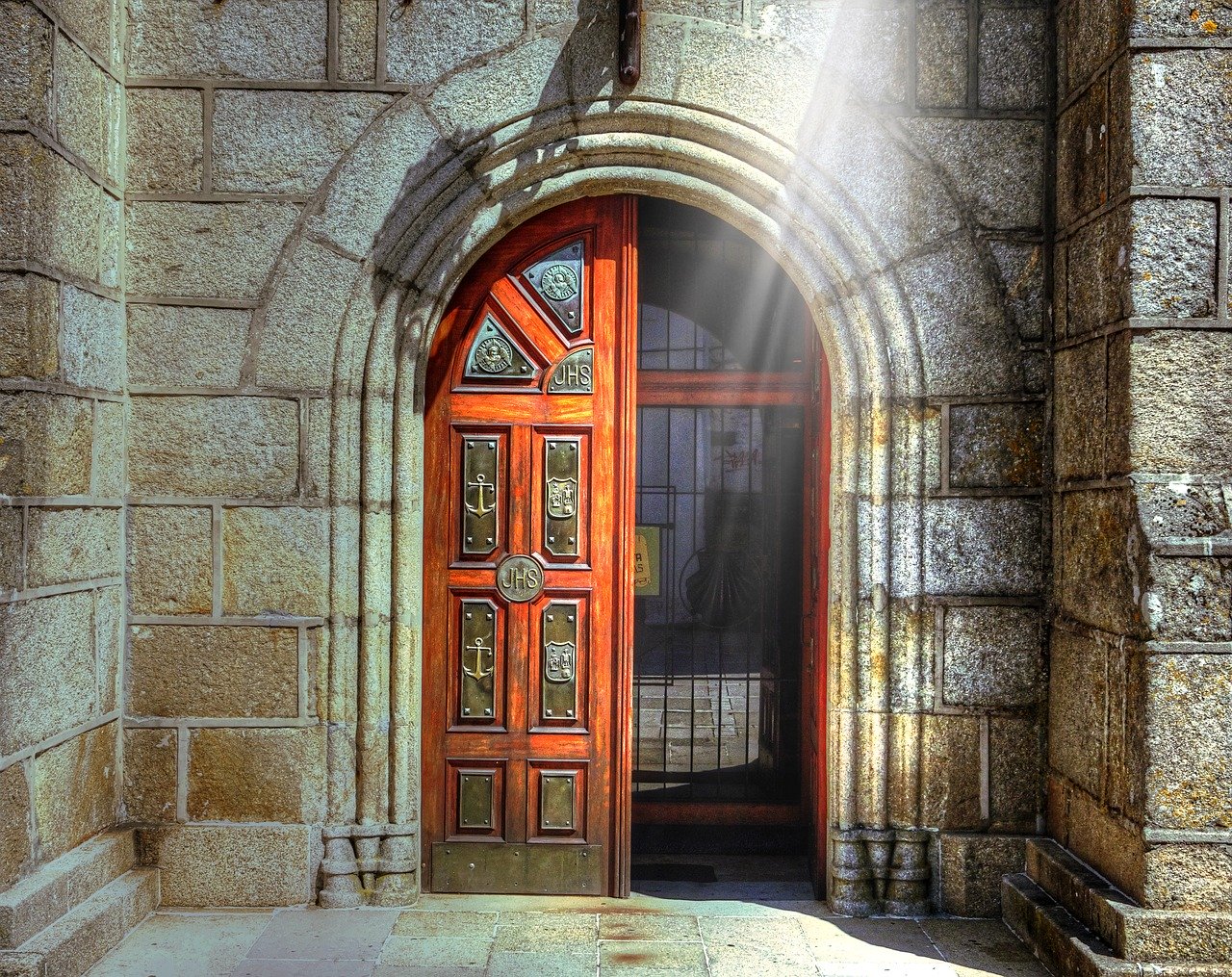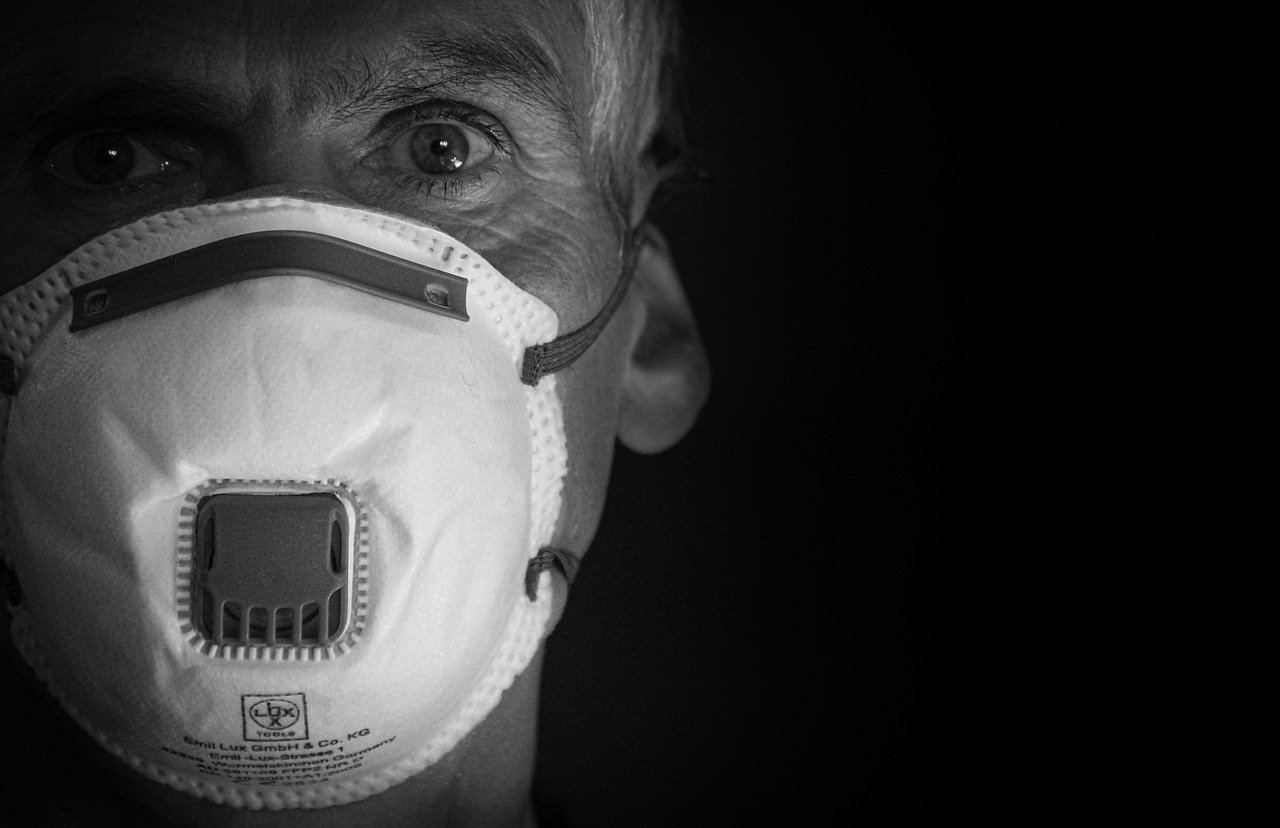
It better be! The church is a living organism, the Body of Christ, composed of you and me and multitudes of others. Some have “gone before us, marked with the sign of faith,” and some have yet to be born. Collectively, the church is 2,000 years old and counting. In all that time, the church has been growing, evolving, responding to each generation it embraces. So in that sense, we’re not your grandmother’s church, nor simply the church of Aquinas or Augustine, Paul or Mary Magdalene. At the same time, we’re absolutely “one faith, one Lord, one baptism” with all of the above. So yes: when you get back inside your local parish for liturgy again, the church will have been affected by what we’ve cumulatively experienced and bring with us into that space once more.
Religious leaders are considering possible implications of the COVID-19 era and what it might mean for the church going forward. Here’s a short list of potential ways the church may evolve, suggested by a nationally known liturgist:
* The laity may rely less on Father to make church happen for the rest of us. Father doesn’t “do the holy stuff for us.” We all do it, together. When assembling is impossible, we’ve practiced being church in the physical absence of our pastors.
* Let’s embrace our baptismal priesthood. Sacramentally speaking, we the baptized die to ourselves, to live for Christ. This makes us Christ’s ambassadors wherever we are, just as the priest represents Christ in the assembly.
* Worship is more than going to Mass. Believers worship in many settings and formats. Worship is about lifting ourselves, mind and heart and soul, to God. It involves prayer, word, and ritual. Anyone with a Bible, candle, rosary, and a need in their heart can worship. In an emergency, the needy heart is enough!
* We don’t need drive-thru Communion and Confession. Such activities actually diminish the richness of the sacraments. When Eucharist isn’t available, share an agape (love) meal. No blessed water? Bless each other. No confession? Tell your failings to one you’ve wronged and ask forgiveness.
* A word to priests: feed your people. Your leadership equips the community to be the church, not simply to come to church. Pastoring isn’t about making parishioners dependent on you; it should liberate them for service. When you’re not physically able to lead the assembly, continue to do what you uniquely do by your call: sanctify the world by your prayers, and fulfill your mission to preach and teach by whatever means available.
Scripture: Exodus 19:5-6; Mark 11:22-25; John 17:1-26; Romans 12:4-7; 14:7-9; 1 Corinthians 12:4-31; Philippians 2:1-4; Colossians 3:16; 1 Thessalonians 5:12-22; 1 Timothy 5:17; Hebrews 10:11-18; James 5:13-18; 1 Peter 2:4-9; 5:1-6
Books: A Prophetic, Public Church: Witness to Hope Amid the Global Crises of the Twenty-First Century, by Mary Doak (Liturgical Press, 2020); True Reform: Liturgy and Ecclesiology in Sacrosanctum Consilium, by Massimo Faggioloi (Liturgical Press, 2012)



